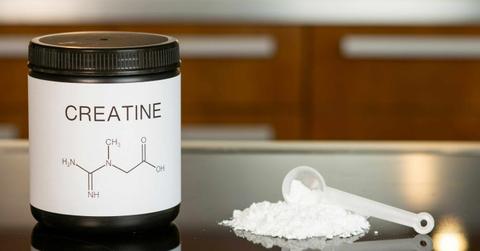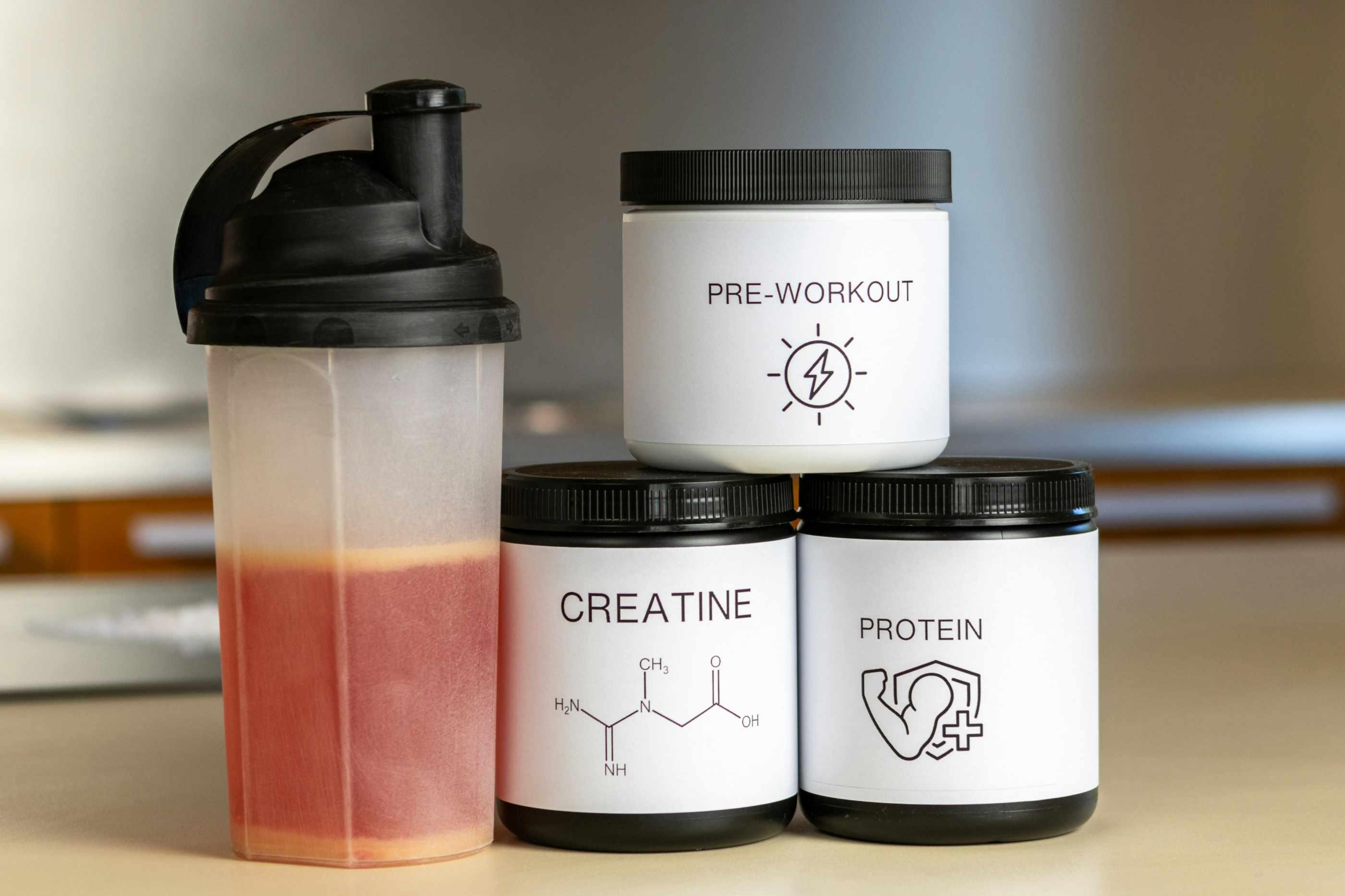Are There Any Benefits to Taking Creatine Without Working Out? What Would Happen?
There are some benefits of consuming creatine outside of the gym.
Published Sept. 24 2025, 1:53 p.m. ET

Gym bros, fitness enthusiasts of all identities, and the generally curious alike, listen up: you've heard of creatine, and you may have used it to boost your performance in the gym, but can you safely consume creatine outside of the gym setting, similar to how protein consumption has varied benefits?
Is creatine to be consumed solely in athletic settings, or are there any benefits to taking creatine if you don't plan to exercise before or after using it?
Below, we tackle that question so you can stay better informed on the proper, safe usage of various supplements in and out of the gym. If you're curious about creatine and how it may benefit your athletic performance or general life, it is best to first consult with your primary care provider in conjunction with a registered dietitian in order to get the most well-rounded, safest advice possible.
That said, let's dive into the question of what happens if you take creatine and don't work out.

What happens if you take creatine without working out?
To start, we turn to the Naked nutrition brand for a brief explainer on creatine. Per the supplement brand, creatine supports the production of adenosine triphosphate (ATP), aka the "primary energy source for muscle contractions."
"Without exercise, the potential physical benefits of creatine supplements, such as increased muscle mass and improved strength, may not be as noticeable," writes Naked's nutritionist Kristen Carli, who notes that creatine benefits exercises like sprinting.
"There's minimal downside with creatine supplements, and most studies have found that it's completely safe to take indefinitely. So there's no risk to taking creatine supplements without working out," Carli writes.
Furthermore, "creatine can have more benefits than just improving physical performance and physique. So while the physical benefits of creatine will be much reduced if you don't work out, there are other benefits to your health and wellbeing that don't rely on physical activity."
According to Dr. Thomas Wnorowski, PhD, and Pooja Mahtani, PHARMD, MS, CNS, LDN, IFMCP, RN, writing for the BodyBio blog, "Creatine is remarkably supportive for brain health and may even operate like a neurotransmitter according to the latest research. Other creatine benefits include healthy aging, hormonal balance for women, and boosting energy for those with chronic fatigue and post-viral illness."
Among individuals with fatigue due to chronic illness, including those suffering from Long COVID, Mahtani and Dr. Wnorowski write that creatine can also be used to increase cellular energy if taken over the course of 3-6 months.
The authors encourage women to consume creatine and not be dissuaded by its reputation for men only, noting that "creatine may be especially important during menstruation, pre- and post-partum, pregnancy, and menopause to support hormone balance and energy production."
It is most important to note that creatine isn't necessarily safe for everyone to take, such as those with kidney problems and people who are unable to consume enough water each day, per the authors.
To be safe, individuals interested in consuming creatine outside of exercise settings should consult with a doctor and a dietitian to ensure they are treating their bodies in a responsible manner.